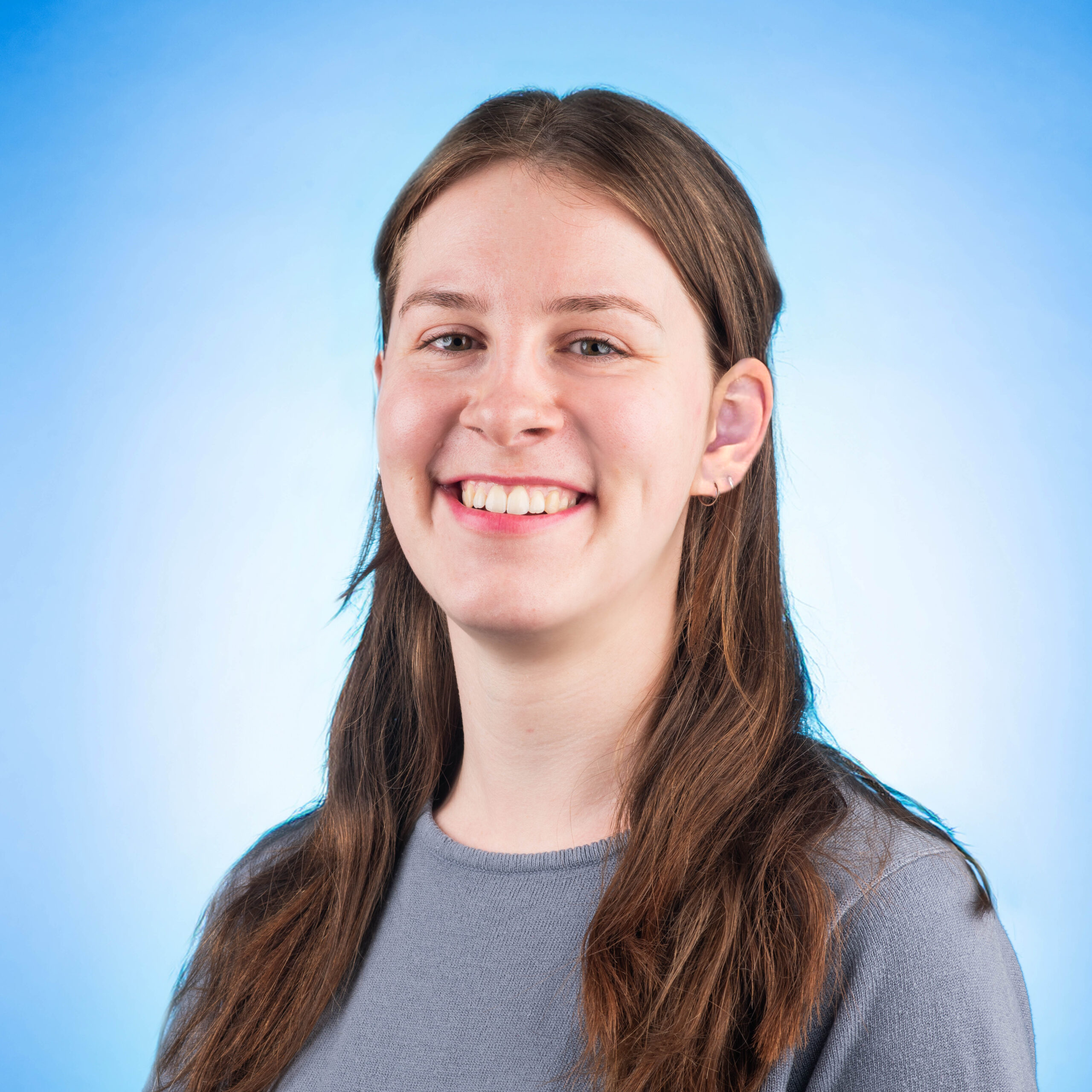What will you learn
In this course, you’ll explore the foundations of machine learning through the lens of R programming. You’ll begin with a refresher on core R concepts, such as data frames, statistical functions, and essential libraries like tidyverse, caret, and ggplot2. Then, you’ll dive into the fundamentals of machine learning—learning what it is, how it works, and where it’s used.
You’ll cover both supervised and unsupervised learning. For supervised learning, you’ll learn to build models that make predictions from labeled data, such as regression and classification. For unsupervised learning, you’ll explore clustering techniques and dimensionality reduction to uncover patterns in unstructured data.
Throughout the course, you’ll get hands-on with real-world datasets and learn how to evaluate your models using tools like confusion matrices, ROC curves, and performance metrics such as accuracy and recall. You’ll also explore practical ways to clean, transform, and visualize your data to prepare it for machine learning tasks.
As you advance, you’ll gain experience with more complex models like decision trees, random forests, and ensemble methods. You’ll also get introduced to Spark for handling large datasets and Shiny, R’s web application framework, for building interactive dashboards to share your results.
Why choose this course
If you’re serious about learning machine learning and want to apply it to real-world data, especially in geo-information, this course offers the perfect combination of theory and practice.
- Expert guidance: Learn from instructors with real-world experience in data science and geospatial analytics.
- Project-based learning: Practice what you learn with hands-on exercises using real datasets and applications.
- Current tools and techniques: Work with the latest R libraries and stay up to date with modern machine learning workflows.
- Flexible, practical, and career-focused: Ideal for professionals and students looking to build practical machine learning skills in R.
